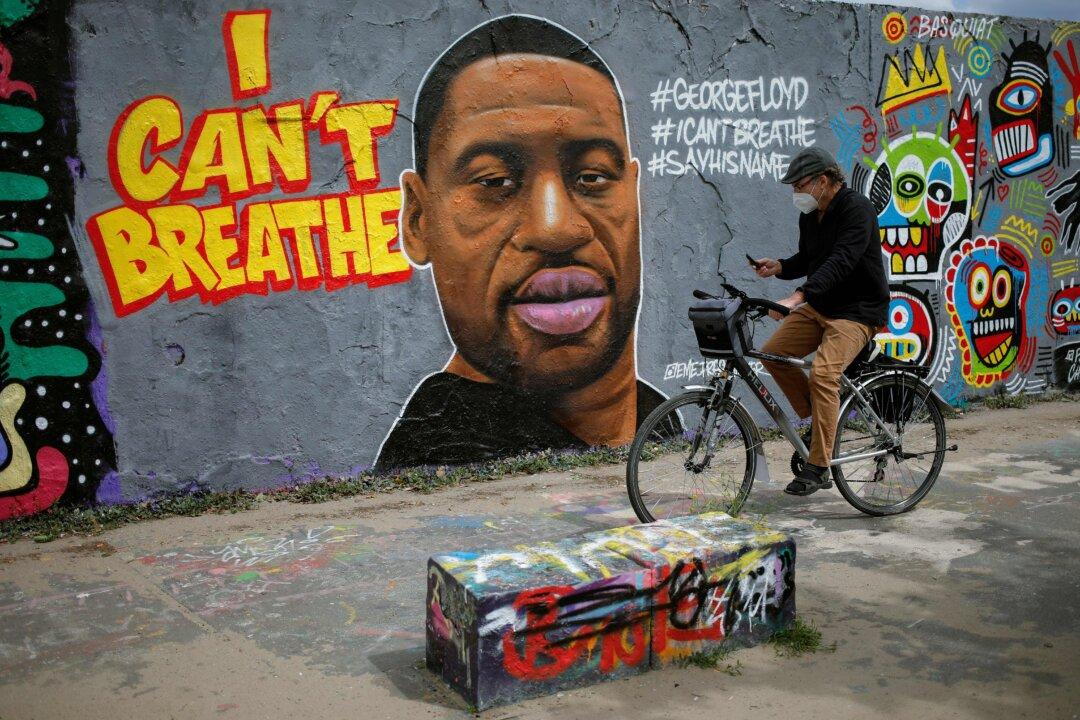The Minneapolis City Council has voted to approve an agreement that will no longer allow the city’s police forces to use neck restraints and chokeholds.
The council, at a virtual meeting on June 5, voted on the deal, which came out of negotiations between elected officials and the Minnesota Department of Human Rights, which launched a civil rights investigation in response to the death of George Floyd in police custody.





